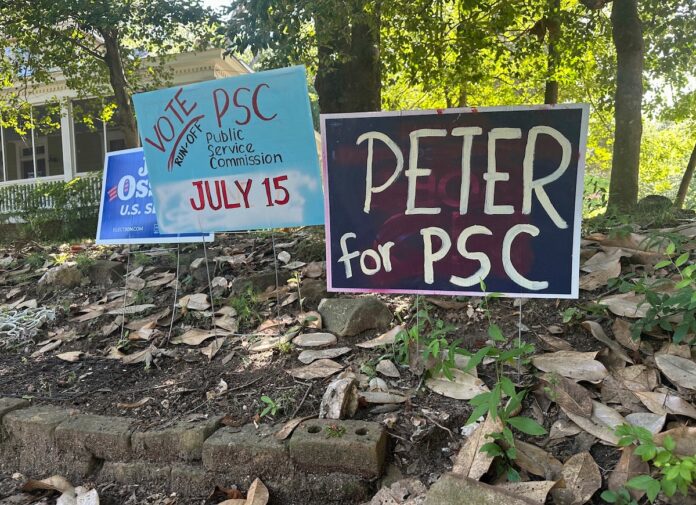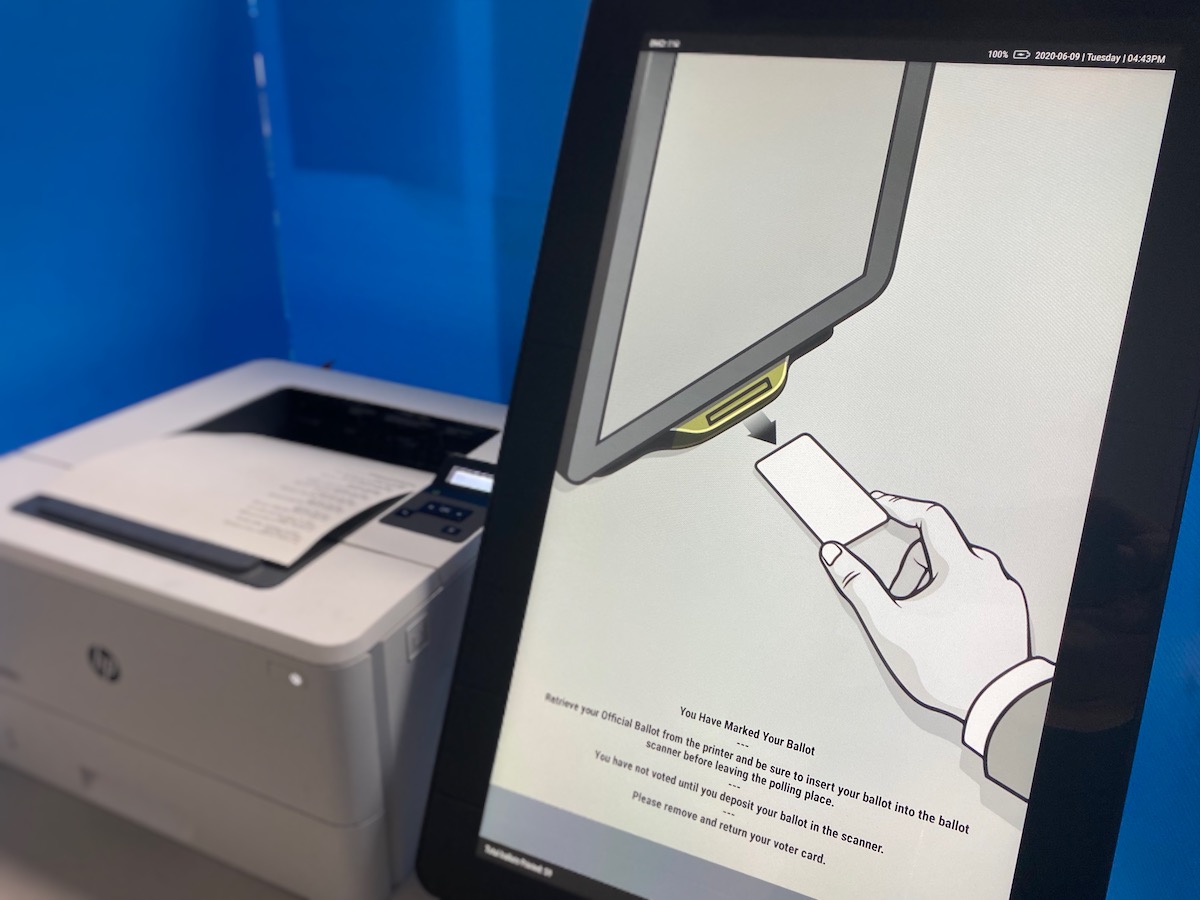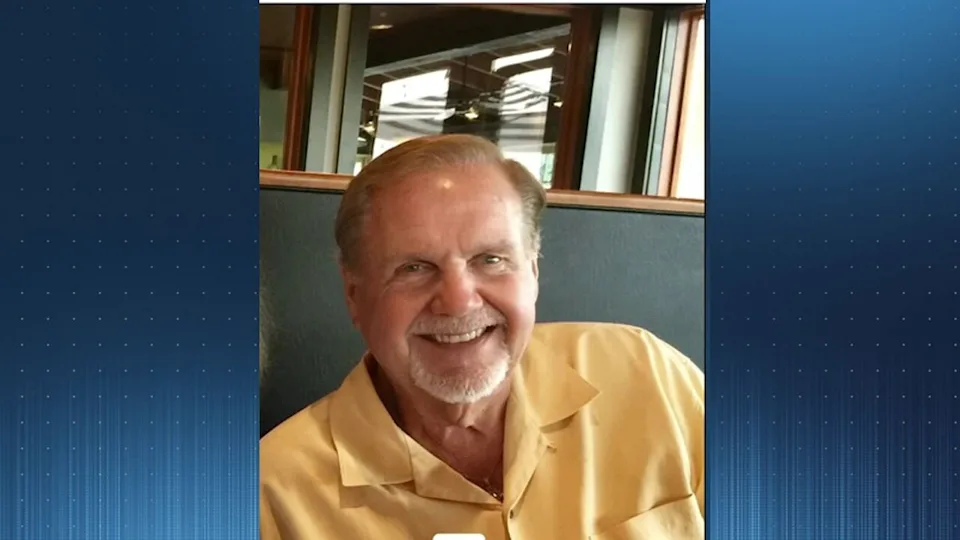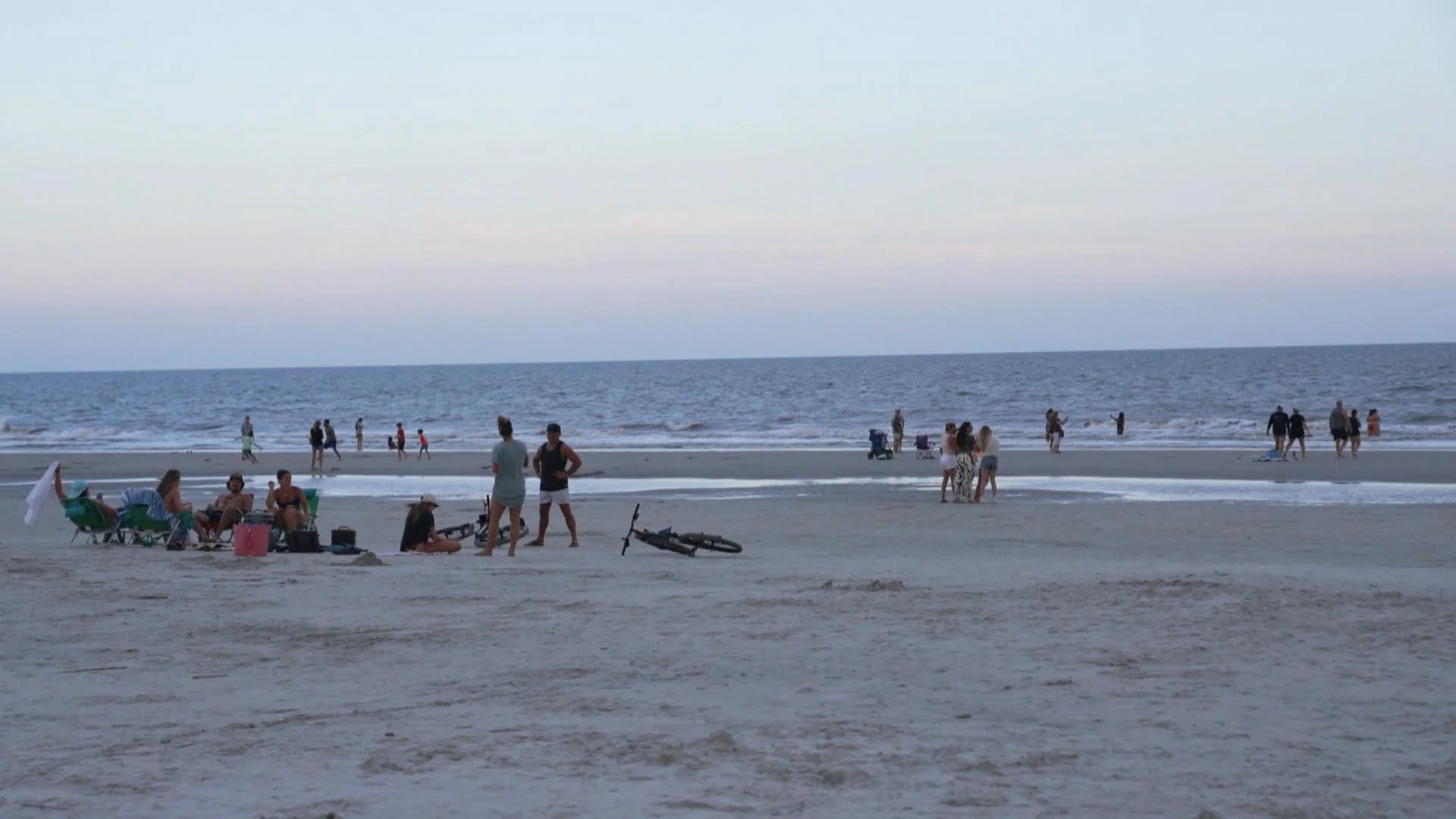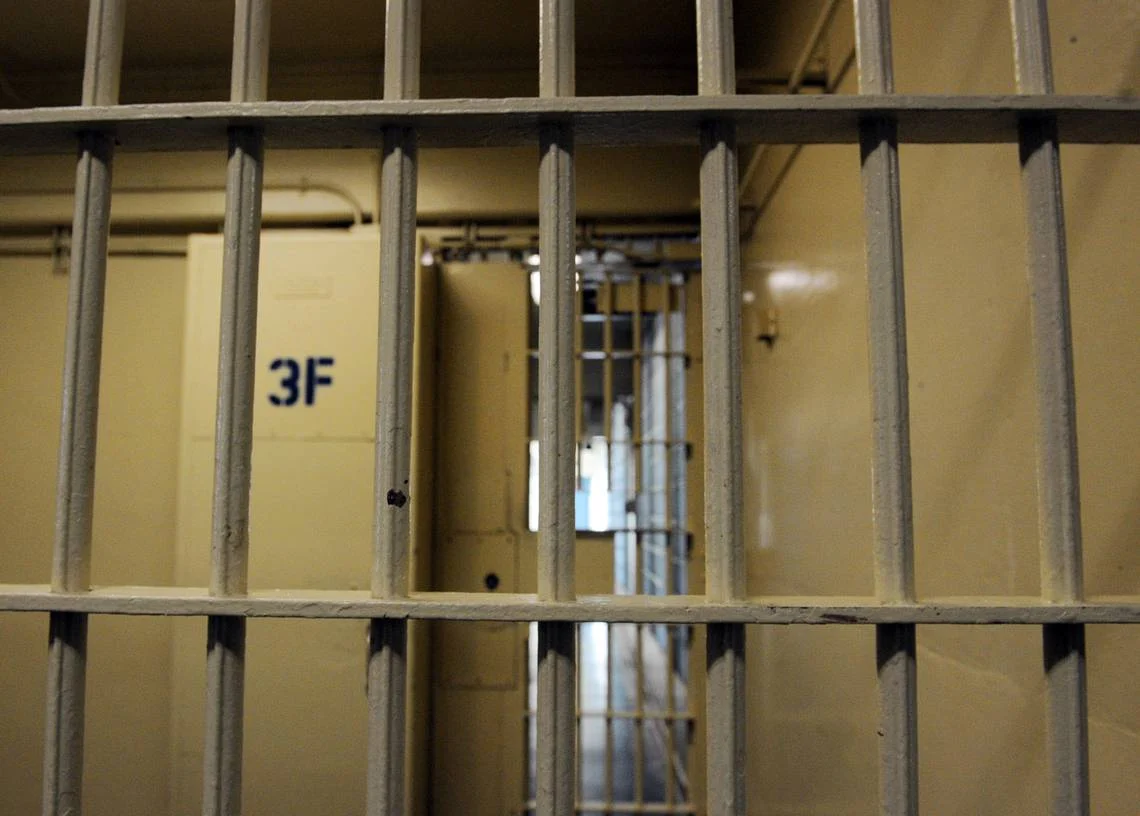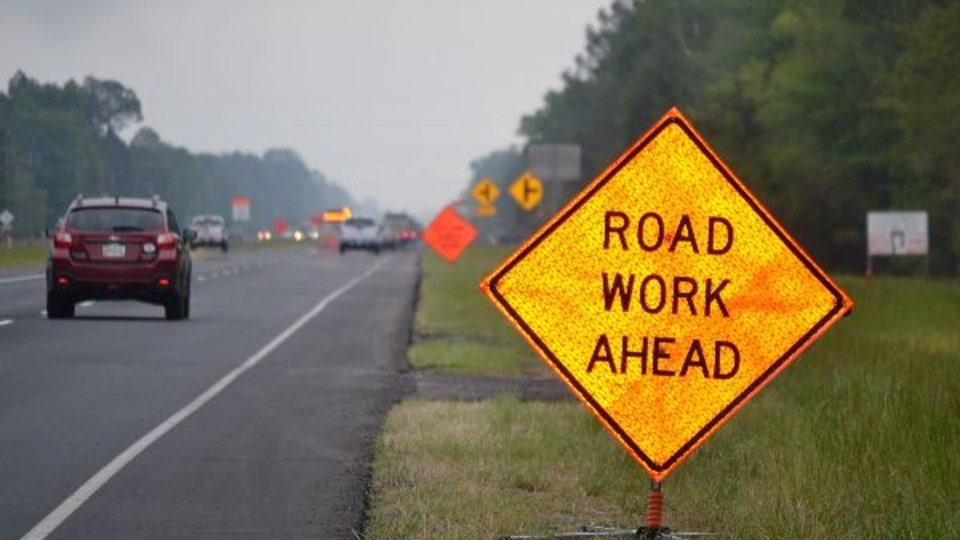Atlanta (AP) This week, six election workers in the little town of Statenville, in south Georgia, have a minute to hope that someone will come to vote each time the door swings open at the county courthouse.
According to Echols County Elections Supervisor Renee Church, “anyone who comes in pretty much has to walk by our office.”
However, as of Wednesday at noon, none of those onlookers had cast a ballot in the runoff to select Keisha Waites or Peter Hubbard as the Democratic candidate for a Georgia Public Service Commission seat.
Welcome to a statewide election that saw nearly no turnout.
Only 9,822 ballots were accepted during the first two of the five days of early in-person voting. That represents 0.13% of the electorate, which Georgia Secretary of State Brad Raffensperger’s chief operating officer, Gabriel Sterling, described as a “miserably low turnout.”
The election day is scheduled for Tuesday, and early in-person voting is open until Friday. Except for the more than 63,000 voters who cast ballots in the Republican primary on June 17, where incumbent Tim Echols defeated GOP opponent Lee Muns, everyone is eligible to vote.
In a Democratic primary held on June 17, Waites received the most votes but was not elected to a majority. In order to decide the party nominee, she would have to compete against Hubbard, the runner-up. Less than 1% of Georgia’s 7.4 million registered voters might cast ballots, barring a surge in the number of voters. In November, the victor will face incumbent Republican Fitz Johnson.
Hubbard and Waites are pushing despite the low participation, reminding voters that their electric bills will change if the Republicans lose their majority on the five-member panel. For Georgia Power, which provides service to 2.3 million people throughout the state, the commission sets tariffs and manages generation plans. The average Georgia Power home customer now spends more than $175 per month, including taxes, after bills increased six times in recent years.
You have options if you’re unhappy with the way your electricity bills are taking. Hubbard remarked on Wednesday that there was anything you could do about it.
Hubbard, a proponent of green energy, highlights his background in appearing before the commission and creating alternative plans that prioritize a move away from the construction of new natural gas facilities and toward solar electricity stored in batteries.
Voting for Peter Hubbard means electing a commissioner to the Public Service Commission with extensive expertise who can immediately come up with creative ways to lower electricity costs and encourage economic development in our state, he added.
Waites, a former member of the Atlanta City Council and Georgia House, stresses that she will ensure that Democrats and Black people are represented on the committee. Waites said in a statement on Wednesday that her prior expertise in government would be useful in negotiating appropriate pricing with stakeholders, lawmakers, and utility companies.
According to Waites’ statement, “I intend to reduce energy bills by supporting greater transparency in utility rate-setting, encouraging competition within the energy sector, and prioritizing clean, renewable energy sources to reduce dependence on fossil fuels.”
The low turnout isn’t very shocking. Approximately 140,000 voters, or 2% of the state’s total population, cast ballots in the Democratic primary on June 17. Since less than 1% of voters in many Republican-leaning counties participated in the Democratic primary, they were able to employ a state statute that is rarely applied to combine early-voting and election-day polling stations into a single location. According to the secretary of state’s office, 76 counties in all activated the clause in order to save money.
In Walton County, east of Atlanta, officials estimate that running 16 election day precincts and three early voting locations would have cost $42,000. In a county where only 21 of almost 79,000 active voters had cast ballots as of Tuesday, Assistant Elections Director Lisa Clark said the runoff will now cost $5,600, reducing it to just one of each.
According to Clark, many individuals are unaware of the role and responsibilities of a public service commissioner. Therefore, we weren’t shocked. We weren’t shocked, but we had hoped it would have been larger.
Of Georgia’s 159 counties, Echols is not the only one that does not yet have a voter. Chattahoochee, Clay, Glascock, Miller, and Telfair counties also received no ballots during the first two days, while seven other counties received one vote. But on Wednesday, Brittany Reynolds, the election supervisor for Clay County in southwest Georgia, predicted an increase in turnout.
Since I intend to cast my own ballot, I am certain that we will ultimately have at least one vote, Reynolds stated.
